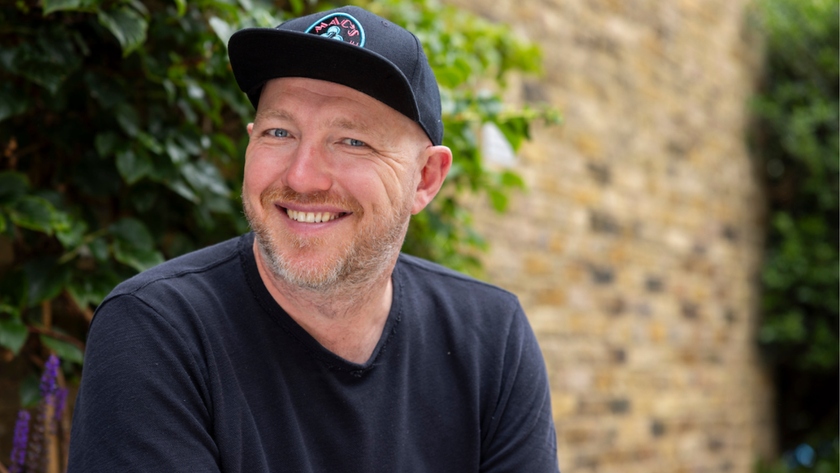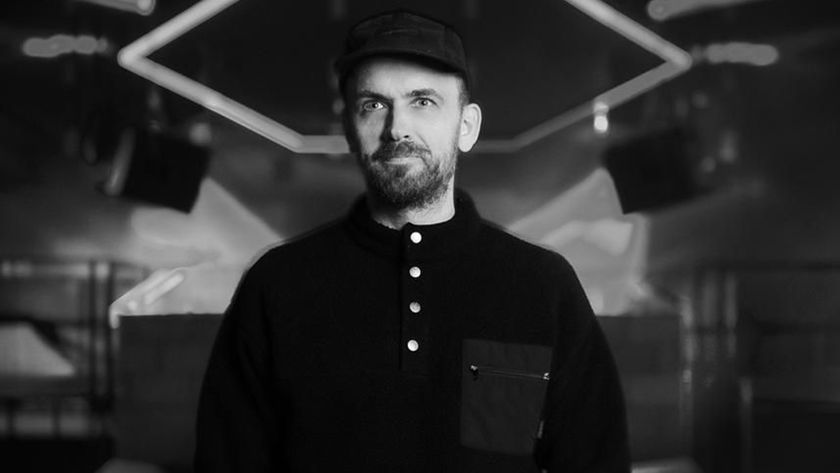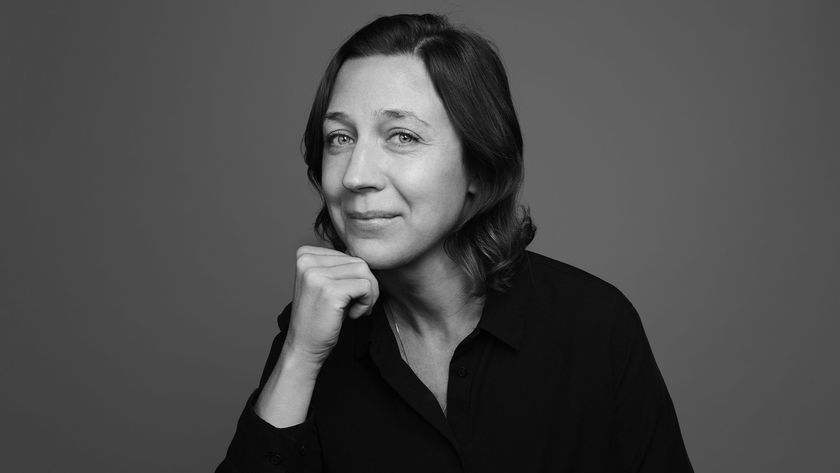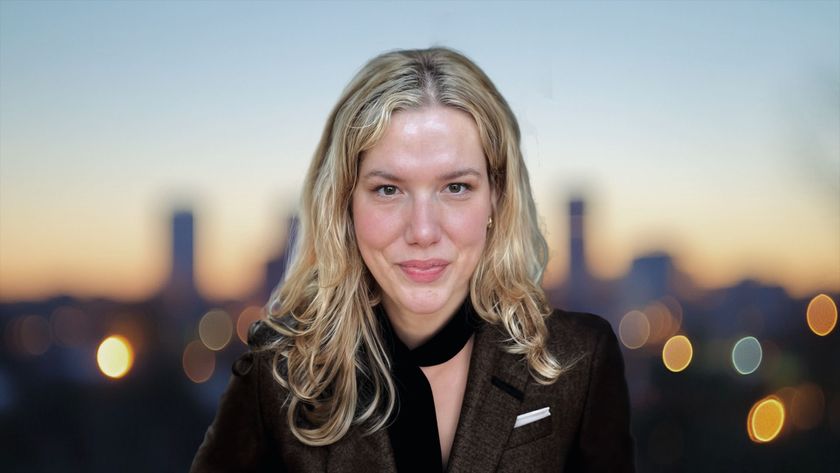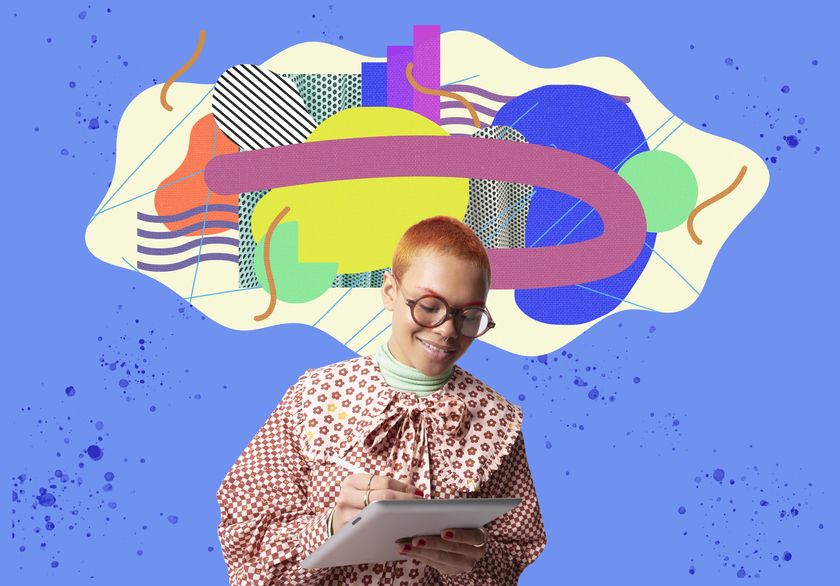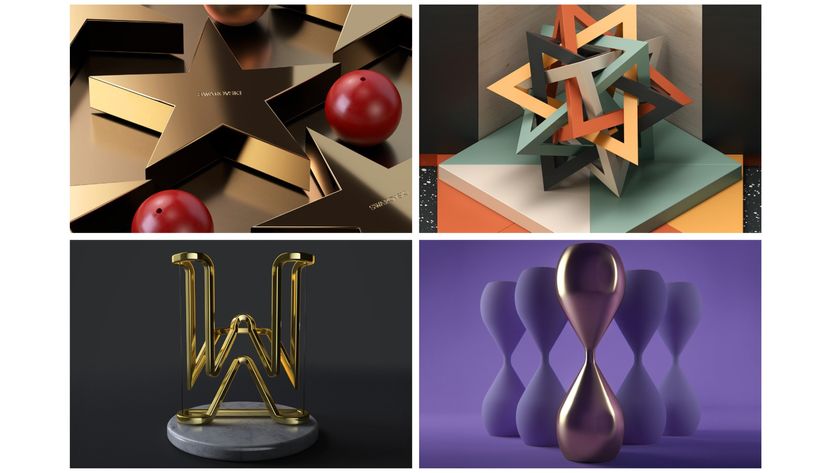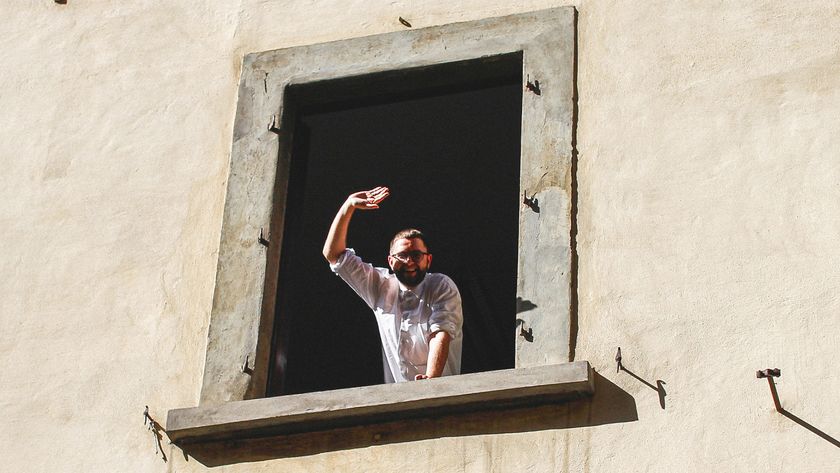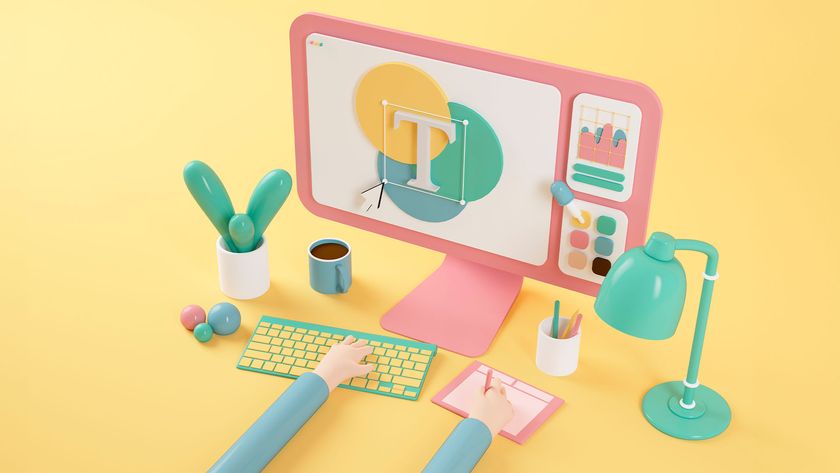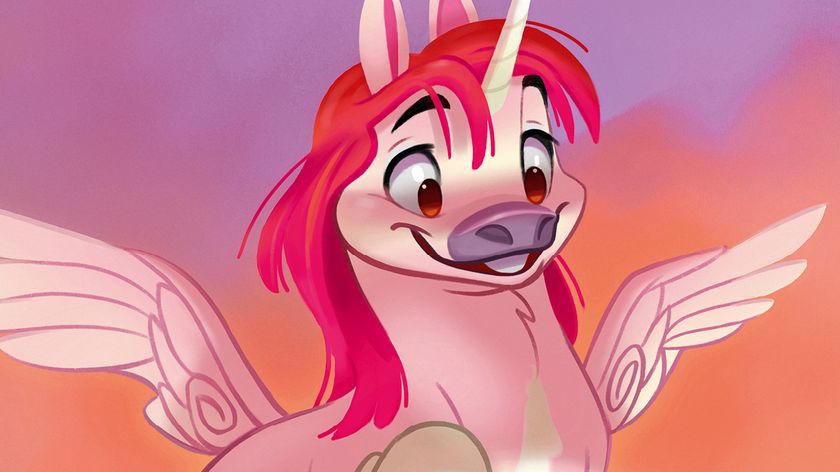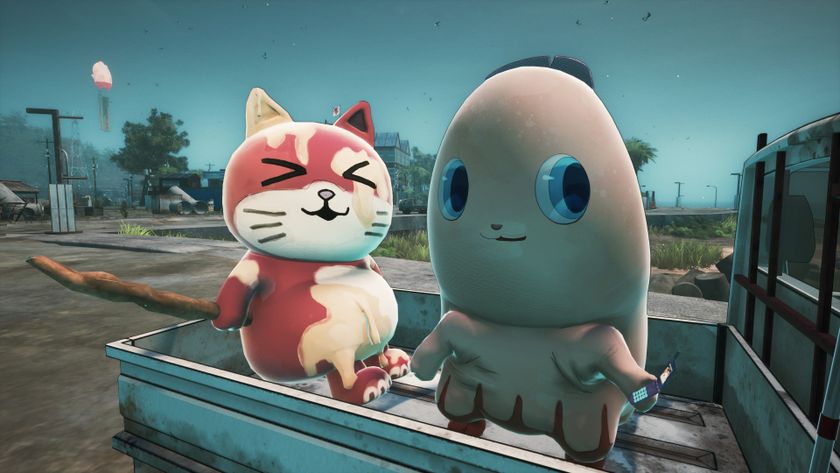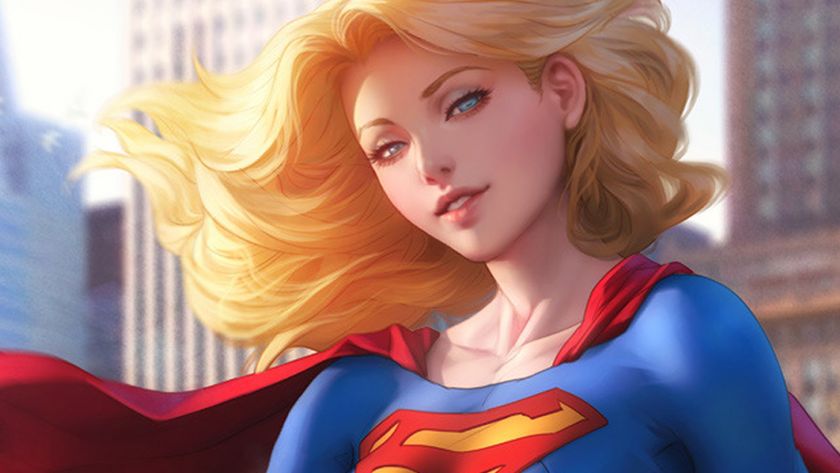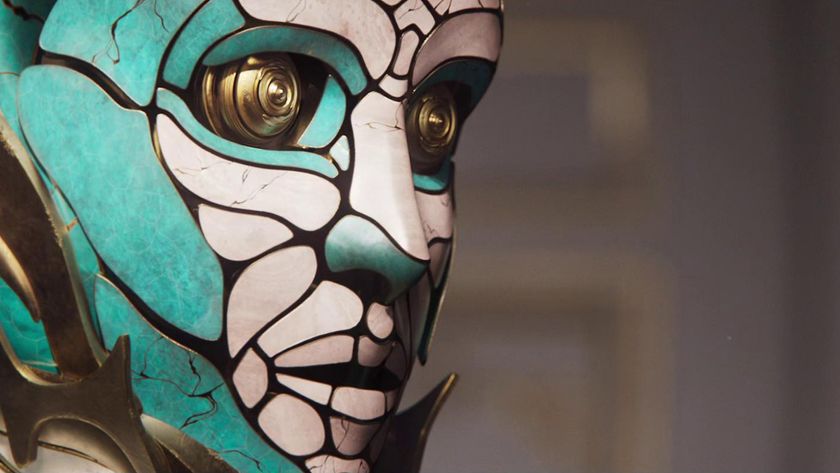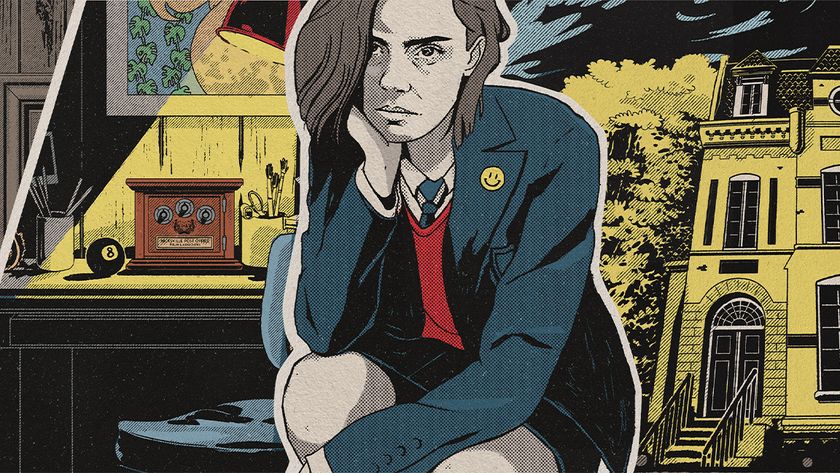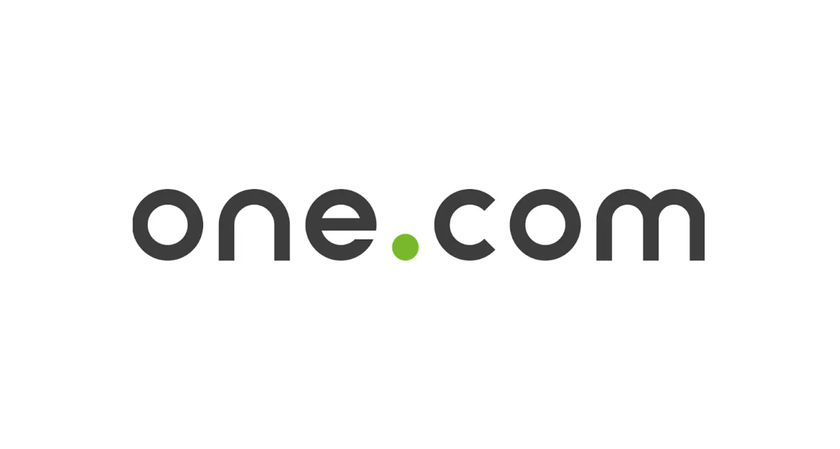"We didn’t need to conform to anyone’s standards": a day in the life of Alex Daly
Daly's founder discusses how she became 'The Crowdsourceress' and the importance of a "holistic and niche" approach to PR.
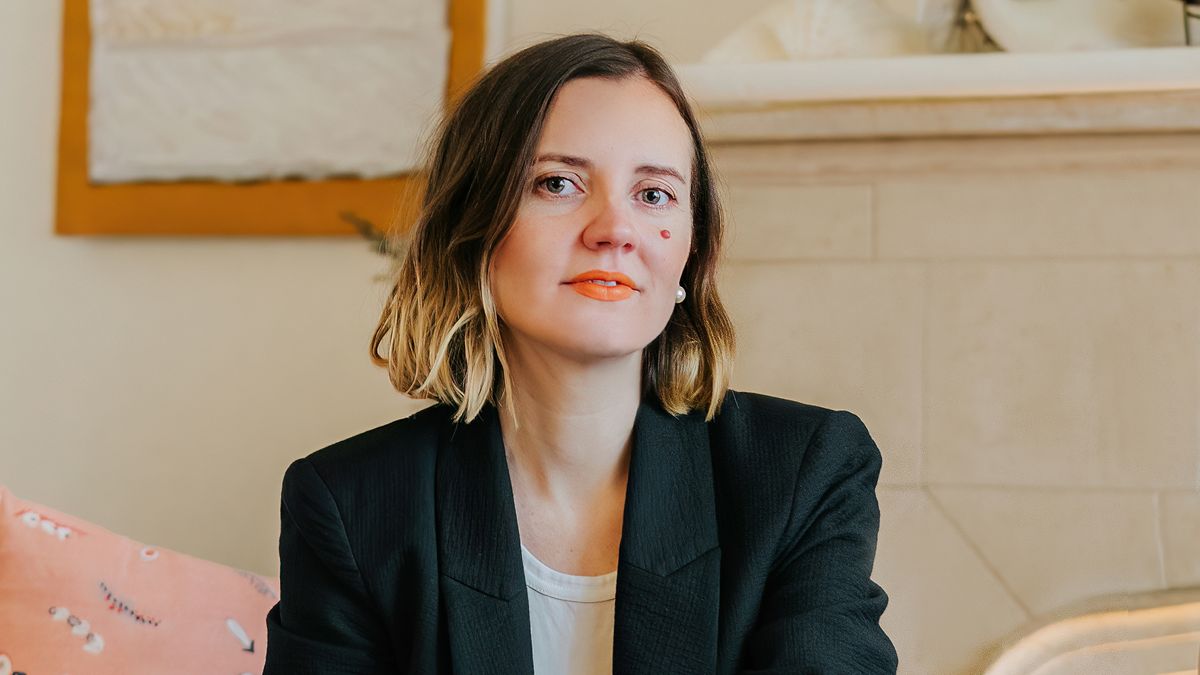
Alex Daly is the founder of Daly – a marketing and communications agency with a refreshing twist on the PR playbook. Throughout her career Alex has worked in editorial, documentary filmmaking and crowdfunding, leading her to create groundbreaking campaigns for a diverse range of clients from MIT Media Lab inventors to musical sensations TLC.
After becoming a member of the Forbes 30 Under 30 class of 2016, Alex's published her first book The Crowdsourceress – a definitive guide to impactful campaigning. As part of our Day in the Life series, I caught up with Alex to discuss inclusivity in the industry and the importance of taking a "holistic and niche" approach to PR.
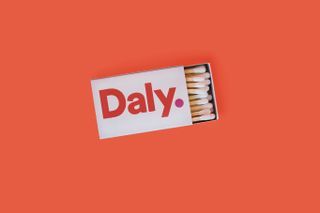
Could you walk me through a typical day in your role?
I have built Daly so that I primarily focus on the high-level details that make the company what it is: its culture, new business, marketing, and vision. I find that approaching my role this way – versus overseeing client work – empowers my team to do their best work.
As a fully remote team, the day starts with everyone exchanging cute hellos with each other on Slack before diving into their respective tasks. Mine typically include catching up on proposals, connecting with my brilliant Managing Director & Partner Ally Bruschi about priorities for the day and week across culture and ops things (she keeps me focused, honest, and sane), and new business calls.
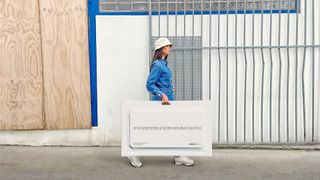
What was your early career like?
When I graduated from college I was on a professional trajectory to becoming a journalist. After working fact checking jobs at various magazines and picking up freelance writing gigs, I realized that journalism wasn’t my path. I had minored in film in college, and decided to give that industry a crack instead, so I took on a production role at a boutique documentary film company, which led me into the world of crowdfunding.
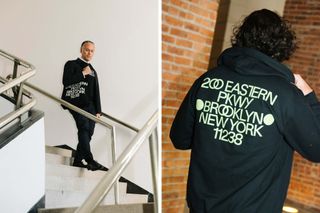
How did you get the title “The Crowdsourceress”?
In my role at the documentary firm, I was working as a production manager, managing a team, working on several film projects, and writing lots of grants to raise money for those projects. I found the grant writing process so slow and disheartening, but I wanted to stick with the job because I figured it could eventually lead me to higher positions in film. One day, a film editor told me about a documentary he was working on, and asked if I knew anything about Kickstarter (he had eyed my grant writing skills). This was 2012, and my short answer was: pretty much nothing.
While I didn’t know what crowdfunding was or how it worked, I told him I was game to help, and learned everything on the fly, from building the campaign page to Googling how to write a press release. We launched, and by the last day of the 30-day campaign, we had surpassed our goal by over 60 percent.
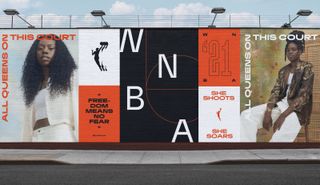
Launching on Kickstarter was empowering. We didn’t need to conform to anyone’s standards, and we didn’t have to sit around and wait for someone to read our grant application – we could take matters into our own hands. From there, I successfully raised money for another documentary, and then another, and quickly earned a nickname around the film office: “The Crowdsourceress.”
The big moment came when I got a call from someone at Pentagram – they were working with the musician Neil Young on his upcoming Kickstarter and needed a campaign manager. I signed on, we launched the campaign just days later, and it became the 3rd most funded project on the platform. Through the Pentagram connection I met my now husband Hamish Smyth, who was a designer there at the time, and we went on to launch the epic Standards Manual projects.
I left my documentary gig and launched a crowdfunding agency – the rest is history!

How did it feel to become a published author?
I received a lot of press around my crowdfunding agency, and it attracted the attention of a literary agent. When I agreed to publish a book on the subject, I gave myself a wild timeline: deliver a manuscript in 6 months, while also running my company. When The Crowdsourceress was published, I was thrilled, but it was also a blur. I can happily look back with a lot more acknowledgement and pride now than at the time.
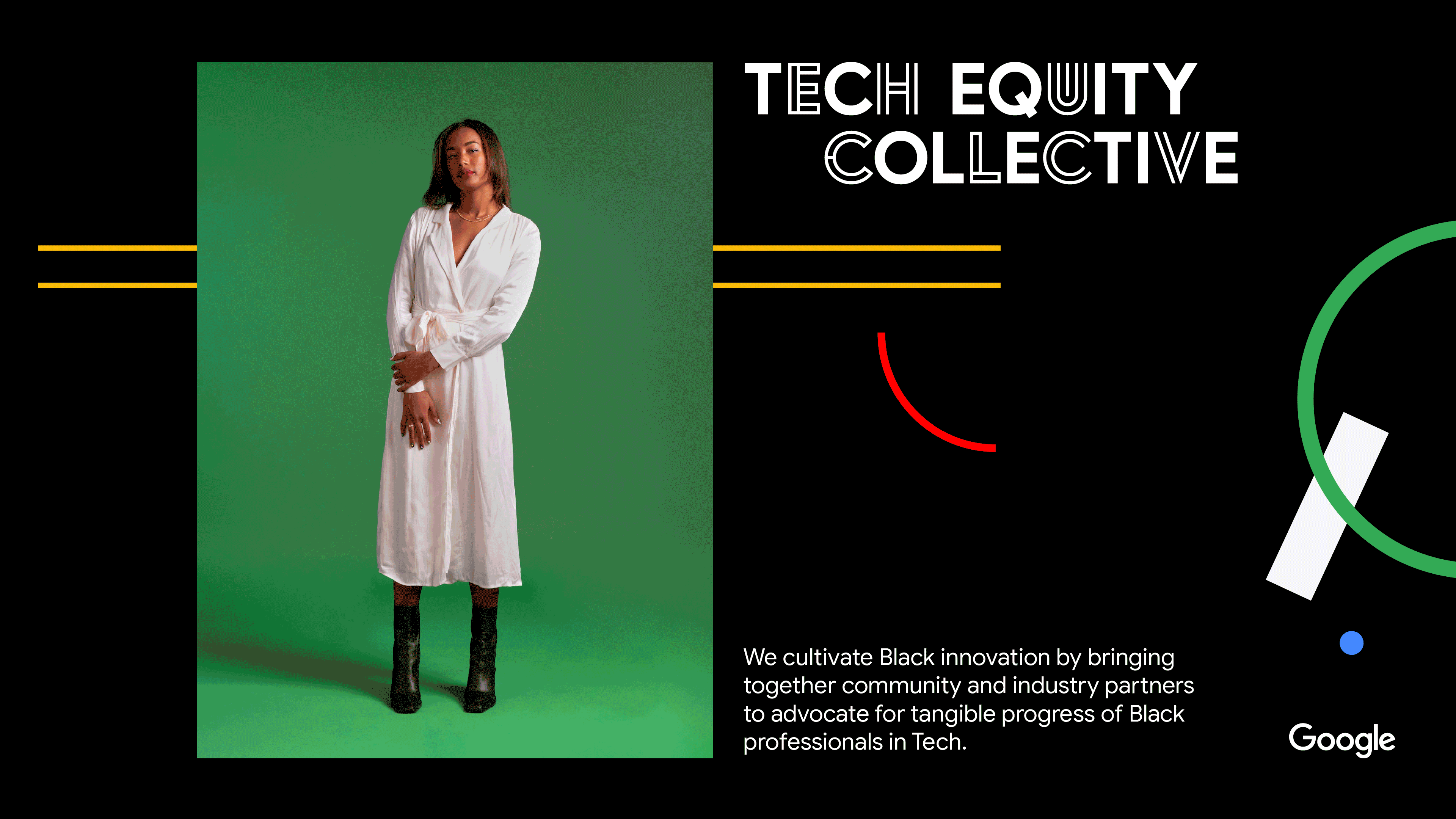
What prompted you to create Daly and how does it differ from other PR brands?
Around 2018 – four years after officially launching my crowdfunding agency – crowdfunding clients began asking me for ongoing PR support to help sustain that awareness and impact that my team and I had helped create for them through their campaign.
I was interested in PR as a next potential path and extension of the work I was already doing, but quickly realized that, to take on PR, we would need to modernize and broaden it to include all areas that touched the world of communications. So, we envisioned an approach that was far quicker, flexible, and more intimate when it came to comms—that’s how Daly was born.
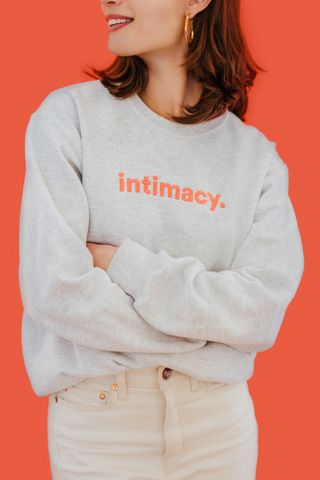
Pivoting is a value at Daly. From a services perspective, we call ourselves a comms+ agency – while comms is the core of what we do, we also offer affiliate marketing, influencer, event activations, newsletter strategy, and more – an integrated approach, which brands need these days to truly shine. And as a team of 11, we come from a diverse range of professional backgrounds as former journalists, producers, graphic designers, editors, creators, corporate strategists, fundraisers, traditional PR professionals, and more.
With all of that, comes a commitment to staying agile, progressive, and constantly relevant – whether that includes breaking a design agency out of the design press silo, or helping fast-growing startups and legacy brands like Substack and the Brooklyn Museum stay ahead of the cultural zeitgeist.
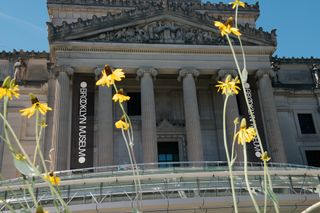
Tell me about a tricky work-related challenge and how you approached it
As a founder of a bustling agency, we are often confronted with challenges that we need to handle with speed, agility, and empathy. This is where Daly’s four core values come in – urgency, transparency, intimacy, and pivoting. By leaning into these four values when faced with challenges or obstacles, my team and I can always chart a course that serves us and our clients best.
One example that will always stay with me happened during a time that severely disrupted most people and companies worldwide. Within a year of officially launching Daly in 2019, we were seeing rapid success, with high-profile clients like Penguin Random House, Pentagram, and Tinder; then the pandemic hit, and our budgets were slashed, contracts were terminated – we've all heard it before! The future seemed bleak.
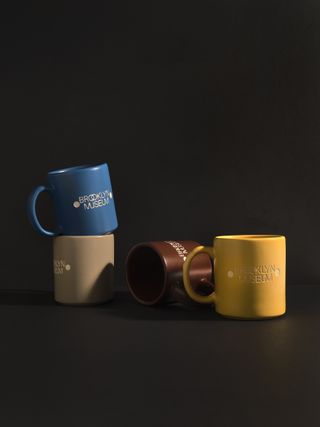
Initially (and like most founders at that time), I reacted with fear – pursuing any available work just to survive, even if it didn’t align with our values. And even though this approach kept our team employed, it led to serious burnout. This experience taught me the dangers of a scarcity mindset, and in 2021, Ally and I decided we'd embrace abundance and rebuild Daly with this renewed purpose and clarity. We wrote about this recently in our new comms, culture, ops-centered Substack, Cherry on Top, in an issue aptly titled, Rejecting the Scarcity Squeeze.
Get the Creative Bloq Newsletter
Daily design news, reviews, how-tos and more, as picked by the editors.
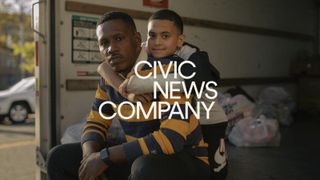
Which project are you most proud of and why?
Building my team into what it is today. As I shared in the previous question, we launched Daly in earnest in 2019, grew quickly, and then when catastrophe hit, we had to rebuild. It allowed us to rethink what kind of agency we wanted to be – focused foremost on culture. Daly has blossomed into a wonderful, warm place that radiates a lot of joy.
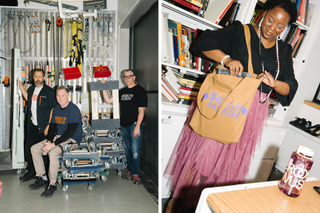
What was it like being named in Forbes’ 30 under 30?
Much like publishing my book, that time of my life was a bit foggy. I was managing too many crowdfunding campaigns without the right support system or company culture, and was feeling burnt out. It took me some time to submerge from that moment to have a deeper level of appreciation.
Still, I recall something very special at the time. When I made the Forbes list, I was already thinking about the next thing – new project, new challenge, new obstacle to overcome. I remember my mom telling me to pause and celebrate this win. We threw a party at my office, and I was surrounded by family, friends, colleagues, clients all celebrating this win, together. It was a lovely moment!
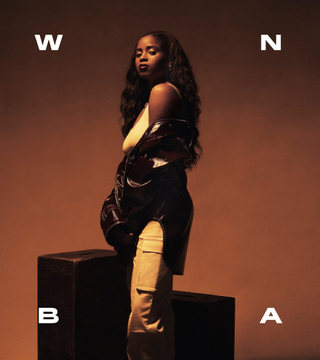
How inclusive is the design industry in 2024?
We’ve been lucky enough to work with some incredible designers and agencies at Daly. While a lot of progress has been made, there is still so much more to be done when it comes to inclusivity – and we find that the best work happens when these commitments come from within an organization.
A great example of a design company that has held themselves accountable and led the conversation on this front is the incredible team at SYLVAIN. Each year, they publish an Impact Assessment, including reports like Accountability Frameworks through which any consultancy can orient itself around progress, while also taking stock of their own performance to-date.
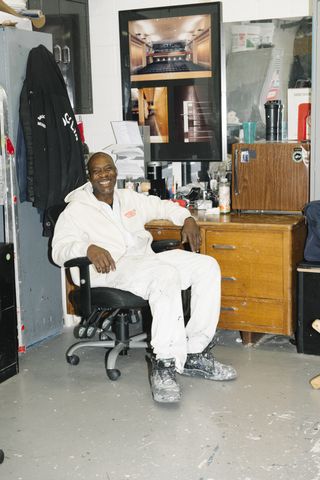
Do you think OCD has impacted your career?
Absolutely! I was diagnosed late in life, and both my perfectionist tendencies and obsessions got in the way of a lot, early on in my career. But what has impacted my career even more is the therapy I have been in for the past 5 years to treat my OCD. It has opened up my mind significantly, made me more self aware, and empathic – both in my personal life, and as a professional and founder, too.
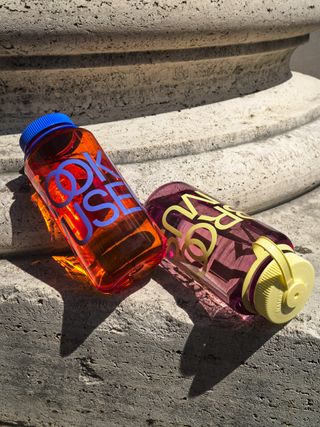
What are your favourite tools?
Monday.com, Google Drive, Slack.
What’s your dream project/dream client?
I have a few! Headspace, IDEO, Discord, Delta.
What do you think the PR industry needs to improve?
PR is an ever-changing landscape – with the most dramatic changes having unfolded since 2020. The most effective PR approach today is one that is both holistic and niche, and requires nimble, creative, media-obsessed comms folks who can think outside the box. Most agencies are really lacking in that department, and need to take a more proactive, modern approach to succeed.
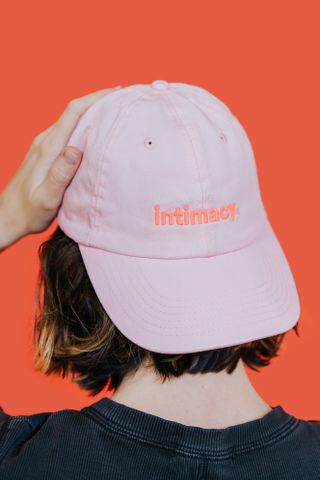
What career advice would you give your younger self?
Keep going.

Thank you for reading 5 articles this month* Join now for unlimited access
Enjoy your first month for just £1 / $1 / €1
*Read 5 free articles per month without a subscription

Join now for unlimited access
Try first month for just £1 / $1 / €1

Natalie is Creative Bloq's staff writer. With an eye for trending topics and a passion for internet culture, she brings you the latest in art and design news. A recent English Literature graduate, Natalie enjoys covering the lighter side of the news and brings a fresh and fun take to her articles. Outside of work (if she’s not glued to her phone), she loves all things music and enjoys singing sweet folky tunes.
